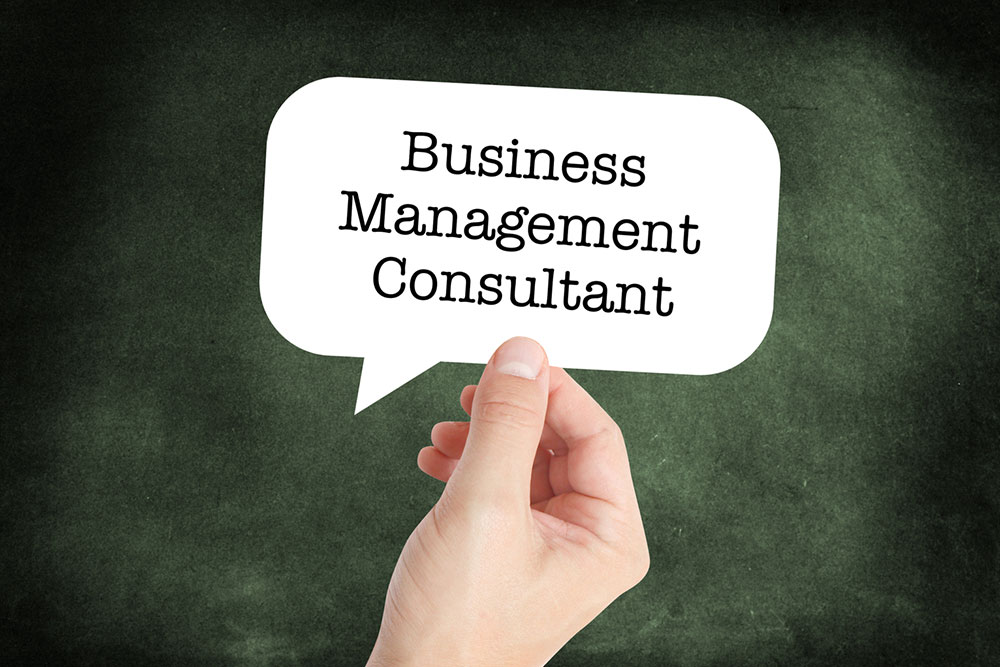
software
6 tips to pick the right business management software
Running a business involves dealing with lots of data, like finance figures, employee information, and logistics details. Handling this data manually can become tedious and daunting and may even lead to errors. That’s why ventures of all sizes prefer business management software, which can help centralize information from various departments to streamline process control. For businesses that require assistance selecting a software solution, here are six tips to help with that decision. Understand the company’s requirements One must first understand the company’s requirements to find the precise software. The individual must determine what aspects of the business require software integration. These could include finance, logistics, customer relationship management (CRM), invoicing, or email marketing. One should pick software that meets all the company’s needs. Consider ease of use Some business management software solutions have a clustered interface. Such an interface could make it difficult for the business to operate because it will have to train new staff continuously to use the software. So, one must pick an option that offers top-notch features and integrates beautifully into a simple, easy-to-operate interface. Compare features One must check the features of different software before choosing. The best ones will have various features, from primary inventory management to complex accounting functions.













